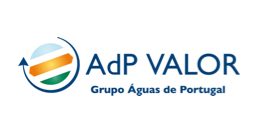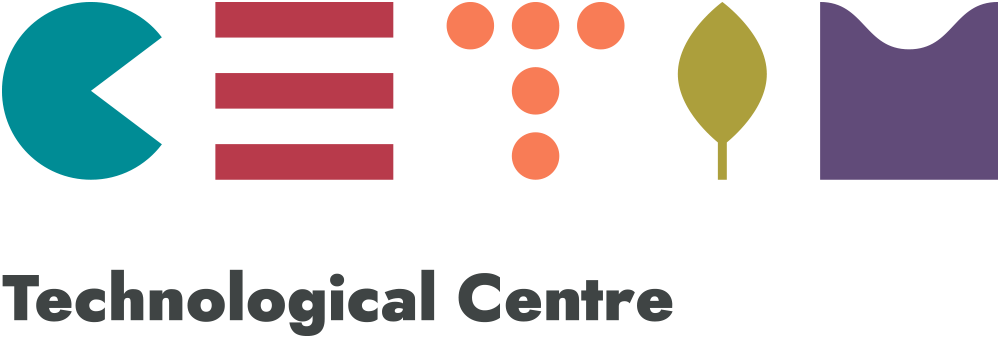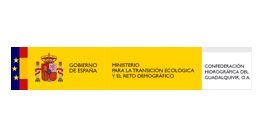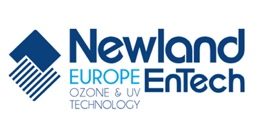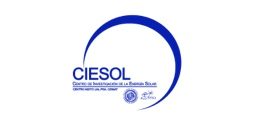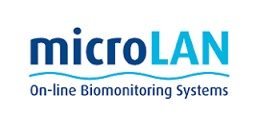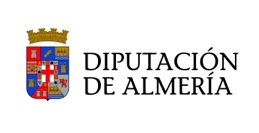Project
About the life phoenix project
LIFE Phoenix will develop innovative urban wastewater reclamation solutions for agricultural use for all types of WWTPs. For this purpose, a demonstration plant will be designed with more than 12 different technologies based on a flexible multi-barrier concept. The demonstration plant will be validated at different locations. The implementation of a diagnostic tool (DSS) will allow selecting the best combination of technologies for each case.
Locations
Pilot Plants
The flexible pilot plants (FPP) of the Life Phoenix project have been designed considering both medium to large populations as well as small populations. Thus, each case study is developed in different locations:
EDAR Fonte Quente
Province: Abrantes
Municipality: Medio Tejo
Flow rate: 20.000 h.e.
Other R&D projects: –
The Fonte Quentes WWTP treats wastewater using conventional activated sludge treatment. The plant, located near the Tagus River, offers a perspective to evaluate the potential of wastewater reuse in Portugal.
Talavera de la Reina WWTP
Province: Toledo
Municipality: Talavera de la Reina
Flow rate:174.000 h.e
Other R&D projects: Life intEXT
The Talavera de la Reina WWTP offers a continental climate scenario similar to the climates of Central Europe. In addition, the plant is currently the main implementation scenario of the Life intEXT project, offering an effluent from non-conventional secondary treatments. The synergy between these two projects will provide valuable data for the comparison of different disinfection technologies under the same conditions.
Almonte WWTP
Province: Huelva
Municipality: Almonte
Flow rate: 24.000 h.e.
Other R&D projects: –
The Almonte WWTP is located in the area surrounding the Doñana National Park. The WWTP treats wastewater by means of a conventional treatment based on activated sludge, and currently there is no reuse of treated water. The WWTP is an ideal location for the Life Phoenix project, favoring the regeneration of wastewater and helping to combat water stress in the national park.
El Toyo WWTP
Province: Almería
Municipality: Almería
Flow rate: 21.100 h.e.
Other R&D projects: Life Biosol, H2020 Incover
The El Toyo WWTP serves the eastern area of Almeria. Its treatment is based on extended aeration basins, with a tertiary treatment consisting of sand filters, ozonation and chlorination. Its regenerated water is currently used for irrigation of green areas and golf courses, making it a perfect base scenario for the implementation of Life Phoenix.
Replicability
The project also includes a replicability analysis. For this analysis, wastewater reuse in the province of Almeria will be study. This activity will not only provide information of the local incidence of wastewater reuse, but valuable data to be extrapolated to the EU. Several WWTRP will be evaluated among them El Bobar WWRTP, El Toyo WWRTP or Pulpí WWRTP to name a few.
Impacts
Better use of natural resources
Installation of LIFE PHOENIX technologies in a WWTP means the reduction of the effluents thanks to the agricultural use of reclaimed water. Therefore, fresh water consumption for irrigation would decrease, relieving stress over this natural resource. Furthermore, nutrient recovery technologies would lead to the change of conventional fertilizers to more sustainable options, minimizing associated contamination.
High quality reclaimed water
LIFE PHOENIX project produces reclaimed water for agricultural use, meeting the new European Directive 2020/741. The project also aims to reduce the concentration of contaminants of emergent concern in water, as well as microplastics. That way, LIFE PHOENIX ensures the production of high-quality water, safe for human health and for the environment.
Sustainable production of reclaimed water
Reduction of energy demand of tertiary treatments is guaranteed by the optimization of technologies and by the adaptation of the solutions in each case. This would lead to the reduction of greenhouse gases. Furthermore, the reduction of costs and resources would ensure the replicability of the projec
Objectives
1
Solutions for wastewater tertiary treatment
To develop and test flexible pilot plants based on new multibarrier treatments for water reuse, meeting the new WWR-EU.
To minimize environmental and health risks ofreclaimed wate ruse, while ensuring its quality.
To reduce the OPEX oftertiary treatmet.
2
Diagnosis of current tertiary treatments
To study of the incidence of water reuse in WWTP in Almeria, regarding WWREU.
To develop a decision support system (DSS) and a sustainability tool to ensure the adaptation to each specific case.
3
Fertirrigation trials
Intelligent irrigation using reclaimed water.
To test fertilizers obtained in nutrient recovery process.
LIFE PHOENIX´s numbers
- Better use of natural resources:
- Reduction of treated water effluents 135.800 m3/year
- Fresh water consumption reduction 135.800 m3/year
- Non-conventional fertilizers use 900 kg/year
- High-quality reclaimed water:
- <1 mg/m3 antibiotics
- <1 µg/m3 oestrogen
- <30 µg/m3 pesticides
- <10 particles microplasticss/m3
- Reduction 4log E.coli
- Reduction 4log Coliphages
- Reduction 5log Spores of Clostridium
- Reclaimed water sustainable production:
- >50% reduction greenhouse gases
- >50% reduction energy
Funding details:Funding: LIFE Environment and Resource Efficiency Organism: European Commision (EC) Project: LIFE19/ENV/ES/000278 Grant: Subsidy of 55% budget Total funding received: 1.855.113€ With the contribution of the European Union LIFE programme LIFE19 ENV/ES/000278 This website reflects only the Consortium’s view. The European Commission is not Project funded by |




